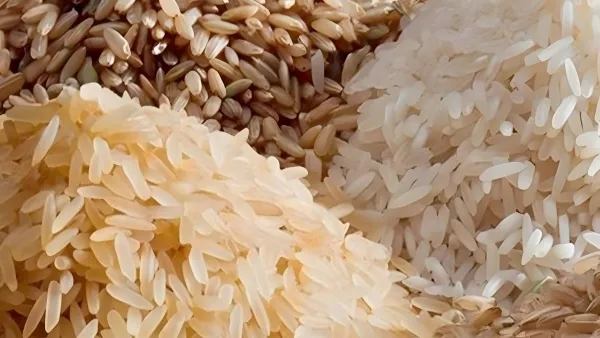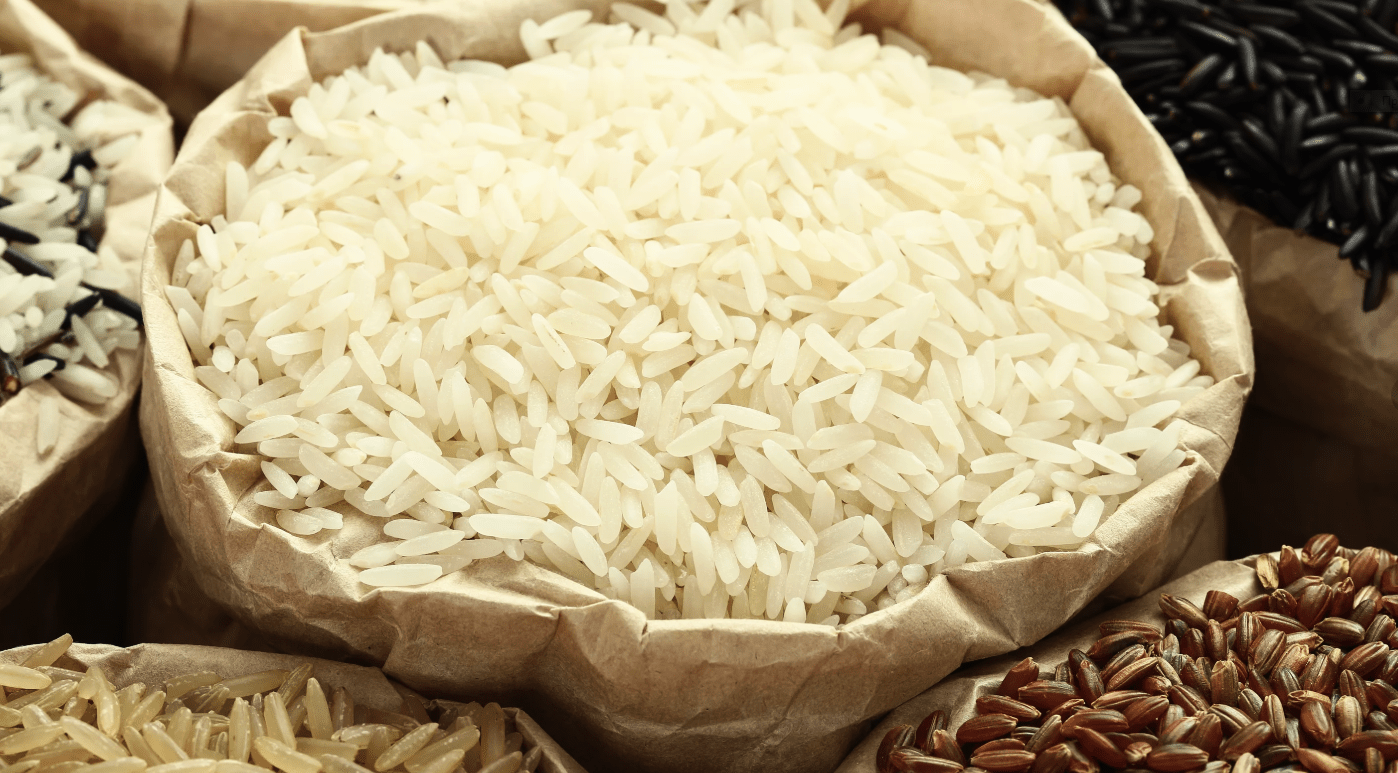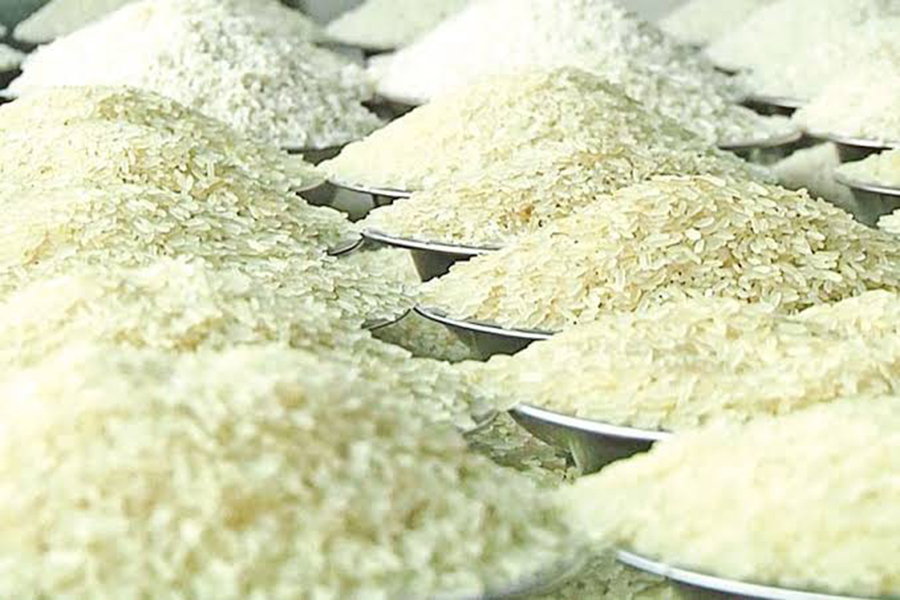Tags
Why Lowering MEP Is Crucial For Domestic Procurement Of Basmati Rice In India?
By Renu Baliyan
Basmati rice holds a special place in India’s agricultural scenario not just as a staple food but also as a major export commodity. India emerged as one of the leading exporters of Basmati Rice to the global market. In 2023-24, the country exported 5242048.39 MT of Basmati Rice to the world worth Rs. 48389.18 crores.
“Indian government introduced a Minimum Export Price (MEP) on Basmati rice in the last crop season. The primary objective of the government was to stabilize the domestic market and offer fair prices for consumers in India by controlling inflation. However, despite this policy, the domestic procurement of Basmati rice faced challenges, particularly concerning the Minimum Export Price (MEP),” according to Amit Marwaha, Managing Director of DRRK Foods Pvt Ltd.

Earlier on July 18, 2024, Reuters reported that Indian government was likely to slash the floor price for basmati rice exports and replace the 20% export tax on parboiled rice with a fixed duty on overseas shipments, quoted government sources, as rice inventories in the country touched a record high.
The July 18 Reuters report added, New Delhi was likely to lower the basmati rice’s minimum export price (MEP) to $800-$850 a metric ton, down from $950 a ton, to boost shipments, quoted sources, on the condition of anonymity.
What is the MEP Policy?
The Minimum Export Price (MEP) is the minimum rate at which a product can be exported. It is a tool that is used by the government to control the export of essential commodities, ensure their availability in the domestic market, and stabilize prices. In the case of Basmati rice, the MEP is set to prevent the export of Basmati rice which is of low quality, and make sure that these remain available in the Indian domestic market. Additionally, it helps control the illegal export of non-Basmati rice, which some traders might try to disguise as Basmati shipments, added Amit Marwaha.
How Low MEP Can Benefit the Basmatic Rice Industry in India?
Stabilization in Domestic Prices: A balanced approach to MEP can help stabilize domestic prices. By ensuring that a portion of the produce is exported, the domestic market is protected from oversupply, which can lead to price crashes. This price stability benefits not only the farmers but also the procurement agencies and the entire supply chain.
Boost in Government Initiatives: Reducing MEP can help the government concentrate on initiatives that aim to increasing farmers income and promote agricultural exports. By making Basmati rice more accessible in global markets, the government can ensure that farmers benefit from global demand which in the longer-run will lead to contributing to the overall economic growth of the country.
Encouraging Quality Production: When farmers are assured of a fair price, whether through exports or domestic sales, they are more likely to invest in quality inputs. Lowering MEP, therefore, can lead to the production of higher-quality Basmati rice, which is significant for maintaining India’s reputation in the international market.
Expansion of Export Competitiveness: Low MEP can make Indian Basmati rice more competitive in the global market. By offering more competitive prices, India can maintain its market share and expand into new markets. This increased demand can help absorb the surplus, ensuring that farmers receive fair prices for their produce.
Future Challenges and Considerations
“While lowering the MEP presents several benefits, it is essential to approach this strategy with caution. The government must consider factors such as global demand, currency fluctuations, and the cost of production. Additionally, there must be mechanisms in place to prevent any negative impact on the domestic availability of Basmati rice,” said Amit Marwaha.
In short, lowering the Minimum Export Price (MEP) for Basmati rice is crucial for enhancing domestic procurement, supporting farmers, and maintaining India’s position in the global market. However, this approach must be balanced with careful consideration of market dynamics to ensure that both domestic and international markets are adequately served. By adopting a flexible MEP policy, the government can promote sustainable growth in the Basmati rice industry, ensuring that it continues to be a source of pride and economic strength for India.
https://www.goodreturns.in/news/why-lowering-mep-is-crucial-for-domestic-procurement-of-basmati-rice-in-india-1365415.htmlPublished Date: August 26, 2024






